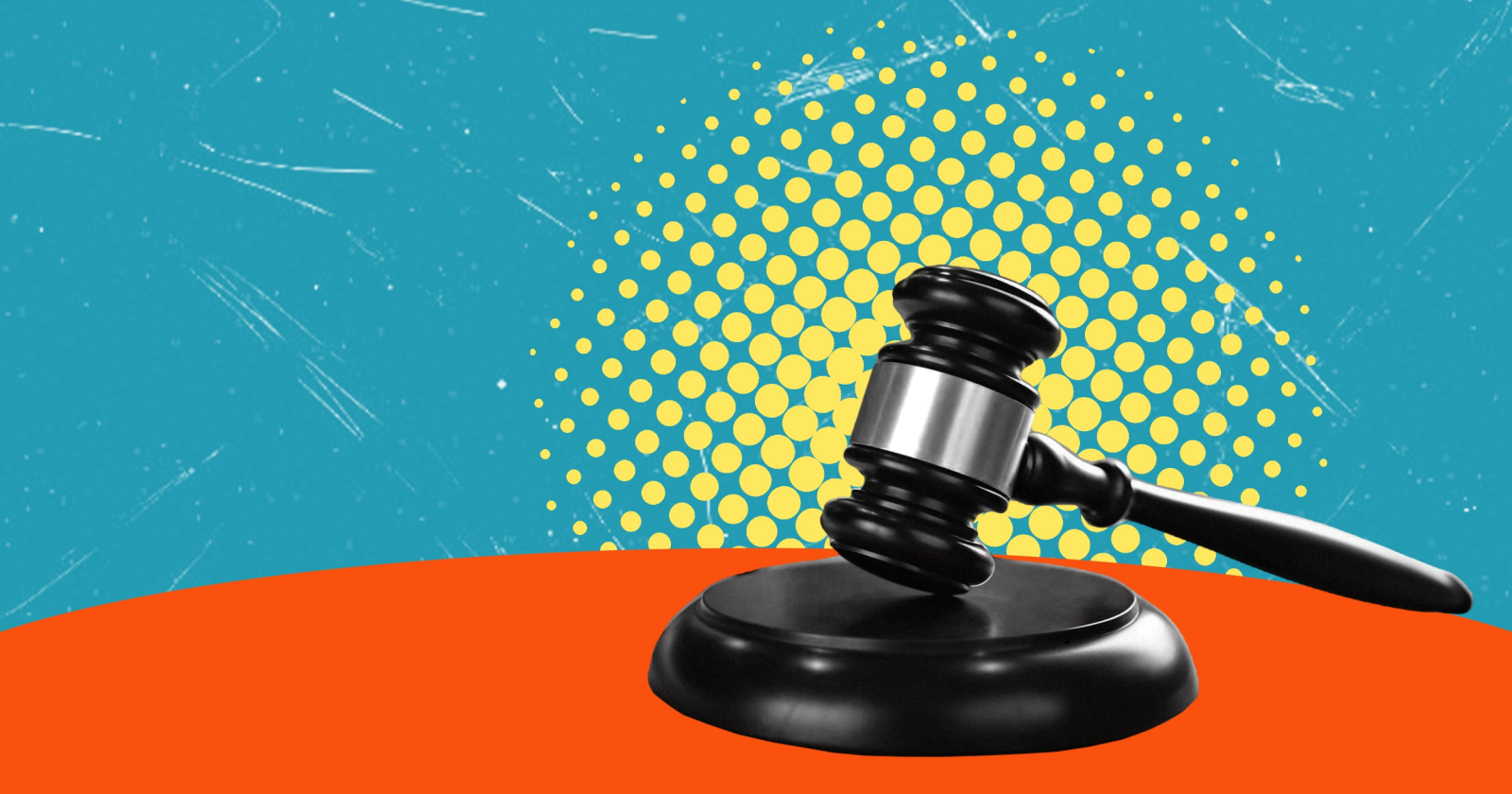When Judge Amit P. Mehta provided his long-awaited remedies decision in the Google search antitrust case , the industry exhaled a cumulative sigh of relief. There would certainly be no separation of Google, no forced divestiture of Chrome or Android, and no user-facing “option screen” like the one that reshaped Microsoft’s internet browser market twenty years ago. Yet make indisputable– this ruling rewrites the playbook for search circulation, data gain access to, and affordable approach over the following 6 years.
This post studies what caused the decision, what it actually calls for, and– most significantly– what it implies for SEO, PAY PER CLICK, authors, and the arising generation of AI-driven search aides.
What Led To The Decision
The Department of Justice and a union of states taken legal action against Google in 2020 , alleging that the company used exclusionary agreements and substantial repayments to seal its dominance in search. In August 2024, Court Mehta ruled that Google had undoubtedly gone against antitrust law, composing, “Google is a monopolist, and it has actually served as one to keep its monopoly.” The question then ended up being: what solutions would actually bring back competitors?
The DOJ and states promoted sweeping measures– including a separation of Google’s Chrome web browser or Android operating system , and necessary option screens on gadgets. Google responded to that such steps would harm consumers and innovation. By the time treatments hearings wrapped, generative AI had actually exploded into the mainstream, shifting the court’s sense of what competitors in search can appear like.
What The Court Determined
Court Mehta’s judgment, provided September 2, 2025 , enforced a mix of behavior treatments:
- Exclusive agreements outlawed Google can no more strike deals that make it the single default search engine on internet browsers, phones, or carriers. That implies Apple, Samsung, Mozilla, and mobile providers can now entertain offers from rivals like Microsoft Bing or newer AI participants.
- Payments still permitted Crucially, the court did not ban Google from spending for positioning. Court Mehta described that eliminating settlements altogether would “enforce considerable damages on distribution partners.” Simply put, the checks will keep moving– yet without exclusivity.
- Index and data sharing Google has to share parts of its search index and some individual interaction data with “professional competitors” on business terms. Ads data, however, is excluded. This produces a prospective on-ramp for oppositions, yet it does not hand them the secret sauce of Google’s ranking systems.
- No break up, no selection display Calls to unload Chrome or Android were declined as overreach. Likewise, the court declined to mandate a consumer-facing choice screen. Modification will certainly come instead with contracts and UX decisions by circulation partners.
- Six-year oversight Solutions will be supervised by a technical board for six years. A revised judgment is due September 10, with remedies taking effect roughly 60 days after final access.
As Court Mehta put it, “Courts have to … craft solutions with a healthy and balanced dose of humility,” noting that generative AI has already “transformed the course of this case.”
Exactly How The Marketplace Reacted
Financiers instantly indicated alleviation. Alphabet shares jumped ~ 8 % after hours, while Apple obtained ~ 4 %. The lack of a break up, and the conservation of financially rewarding search positioning payments, guaranteed Wall Road that Google’s search realm was not being taken down over night.
However underneath the alleviation exists a new strategic truth: Google’s moat of exclusivity has been changed with an industry for defaults.
Strategic Insights: Beyond The Headings
Many protection of the choice has actually concentrated on what really did not take place– the absence of a separation or a choice display. Yet the deeper tale is how distribution, information, and AI will certainly communicate under the new policies.
1 Defaults Relocate From Moat To Marketplace
Under the old design, Google’s exclusive offers ensured it was the default on Safari, Android, and past. Now, partners can take money from numerous suppliers. That turns the default setting into an industry, not a moat.
Apple, specifically, gains utilize. Court records revealed that Google paid Apple $ 20 billion in 2022 and paid $ 26 3 billion in 2021 — the figure is not to any kind of one business, but Apple most likely represents the biggest recipient– to stay Safari’s default online search engine. Without exclusivity, Apple can delight proposals from Microsoft, OpenAI, or others– possibly removing a lot more cash by marketing several placements or turning defaults.
We might see brand-new UX experiments: revolving search ceramic tiles, auction-based configuration moves, or AI assistant faster ways integrated right into running systems. Distribution partners like Samsung or Mozilla might pilot “multi-home defaults,” where Google, Bing, and an AI engine all exist side-by-side in visible ports.
2 Data Accessibility Opens An On-Ramp For Challengers
Index-sharing and limited interaction information accessibility reduced obstacles for opponents. Crawling the web is pricey; licensing Google’s index can speed up oppositions like Bing, Perplexity, or OpenAI’s rumored search product.
But it’s not complete parity. Without ads information and ranking signals, rivals should still separate on product experience. Believe quicker solutions, upright expertise, or exceptional AI combination. As I such as to put it: Index gain access to gives oppositions legs, not lungs.
Much depends on exactly how “certified rival” is specified. A narrow definition could limit access to a token few; a broad one might encourage a new wave of vertical and AI-driven search participants.
3 AI Is Currently Shifting The Game
The court recognized that generative AI reshaped its view of competition Assistants like Copilot, Gemini, or Perplexity are significantly functioning as intent routers– answering straight, pointing out sources, or transmitting individuals to purchases without a typical SERP.
That implies the battle for circulation may shift from browsers and search bars to AI copilots embedded in operating systems, applications, and tools. If individuals significantly ask their assistant rather than inputting a query, exclusivity offers matter less than who has the assistant.
For SEO and SEM experts, this increases the change towards zero-click answers , assistant-ready web content, and schema that sustains citations.
4 Financial Characteristics: Relief Today, Pressure Tomorrow
Yes, capitalists supported. But over time, Google might face climbing website traffic purchase costs (TAC) as Apple, Samsung, and carriers auction off default positions. Protecting its circulation may obtain extra costly, eating right into margins.
At the same time, without a choice screen, search market share is likely to change slowly, not collapse. Anticipate Google’s U.S. inquiry share to continue to be in the high 80 s in the near term, with just single-digit erosion as competitors explore new designs.
5 Ripple effects: The Ad-Tech Instance Looms
Don’t overlook the 2nd front: the DOJ’s different antitrust instance against Google’s ad-tech stack , now approaching solutions hearings in Virginia. If that instance leads to structural adjustments– state, compeling Google to separate its publisher ad web server from its exchange– it could improve exactly how search advertisements are gotten, gauged, and monetized
For authors, both instances matter. If opponents gain grip with AI-driven aides, recommendation web traffic could diversify– but also end up being more volatile, depending on how aides manage citations and click-throughs.
What Happens Next
- September 10, 2025 : DOJ and Google submit a modified judgment.
- ~ 60 days later on : Remedies begin working.
- Six years : Oversight duration, with ongoing compliance surveillance.
Trick Concerns To Enjoy:
- Just how will Apple apply non-exclusive search defaults in Safari?
- Who certifies as a “competitor” for index/data access, and on what terms?
- Will rivals like Microsoft, Perplexity, or OpenAI get right into circulation ports aggressively?
- How will AI assistants evolve as circulation front doors?
What This Implies For SEO And pay per click
This ruling isn’t almost contracts in Silicon Valley– it has useful repercussions for marketing professionals almost everywhere.
- Circulation volatility planning SEM groups should budget for a globe where Safari queries come to be a lot more contestable. Test Bing Ads, Copilot Ads, and aide placements.
- Assistant-ready web content Optimize for succinct, cite-worthy answers with schema markup Release FAQs, information tables, and source-friendly content that large language models (LLMs) like to estimate.
- Syndication bush If brand-new index-sharing programs arise, explore partnerships with upright search startups. Early pilots could supply website traffic streams outside the Google ecosystem.
- Acknowledgment resilience As assistants moderate even more website traffic, recommendation strings will obtain messy. Double down on UTM administration, server-side tracking, and advertising mix models to analyze signal from sound.
- Creative testing Construct two-tier content: a punchy, fact-dense abstract that aides can lift, and a deeper explainer for human visitors.
Market Situations
- Base Case (More Than Likely) : Google retains high- 80 s market share. TAC expenses climb progressively. AI assistants siphon a moderate share of informative inquiries by 2027 Influence: margin stress more than market share loss.
- Upside for Competitors : If index accessibility is wide and AI aides toenail UX, Bing, Perplexity, and others might win 5 to 10 factors integrated in details verticals. Impact: SEM arbitrage chances arise, and search engine optimization adapts to answer-first surface areas.
- Regulatory Waterfall : If the ad-tech treatments impose structural modifications, Google’s dimension side tightens, and OEMs test choice-like UX willingly. Influence: more fragmentation, even more testing for online marketers.
Last Takeaway
Judge Mehta summarized the challenge well: “Courts must craft treatments with a healthy dosage of humbleness.” The ruling doesn’t topple Google, yet it does require the search titan to contend on more open terms. Exclusivity is gone; public auctions and aides are in.
For marketing professionals, the message is clear: Don’t await regulatory authorities to rebalance the having fun area. Branch out now– across engines, aides, and advertisement styles. Maximize for accountability as long as for positions. And prepare: The genuine competition for search website traffic is just starting.
Extra Resources:
Featured Picture: beast 01/ Shutterstock
Recommended AI Marketing Devices
Disclosure: We may earn a compensation from associate links.
Original insurance coverage: www.searchenginejournal.com


Leave a Reply